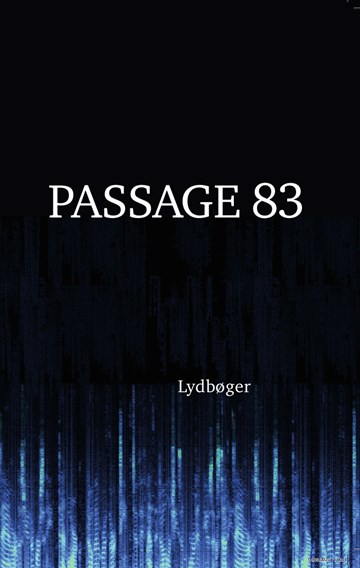Audio-bingeing
Storytel Originals som produkt af en streaming-kultur
DOI:
https://doi.org/10.7146/pas.v35i83.121611Nøgleord:
Storytel Original, audio-bingeing, binge-streaming, binge-watching, serielle lydfortællinger, audiobook, audiobooks, lydbog, lydbøgerResumé
The article discusses Storytel Original as a hybrid between digital audiobooks and TV-series. Through an interview with Mofibo’s Head of Content & Publishing in Denmark and the production Black Dolphin as a case-study, the article discusses how Storytel Original can be analysed as a TV-series in audio format from a production-, text-, and reception perspective. The first part of the article focuses on how Storytel Originals and Black Dolphin draw on institutional, distributional, narratological, and stylistic conventions known from TV-drama series. In the second part of the article, the reception and user-behavior are discussed in relation to the term bingeing. The article introduces two terms: binge-streaming and audio-bingeing. While the former suggests an extension of the term binge-watching, the latter term, audio-bingeing, narrows the perspective by accentuating specific affordances of audio-series in relation to binge-streaming.
Downloads
Publiceret
Citation/Eksport
Nummer
Sektion
Licens
Forfattere, der publicerer deres værker via dette tidsskrift, accepterer følgende vilkår:
- Forfattere bevarer deres ophavsret og giver tidsskriftet ret til første publicering, samtidigt med at værket efter publiceringen er omfattet af en Creative Commons Attribution-licens, der giver andre ret til at dele værket med en anerkendelse af værkets forfatter og første publicering i nærværende tidsskrift.
- Forfattere kan indgå flere separate kontraktlige aftaler om ikke-eksklusiv distribution af tidsskriftets publicerede version af værket (f.eks. sende det til et institutionslager eller udgive det i en bog), med en anerkendelse af værkets første publicering i nærværende tidsskrift.
- Forfattere har ret til og opfordres til at publicere deres værker online (f.eks. i institutionslagre eller på deres websted) forud for og under manuskriptprocessen, da dette kan føre til produktive udvekslinger, samt tidligere og større citater fra publicerede værker (se The Effect of Open Access).





